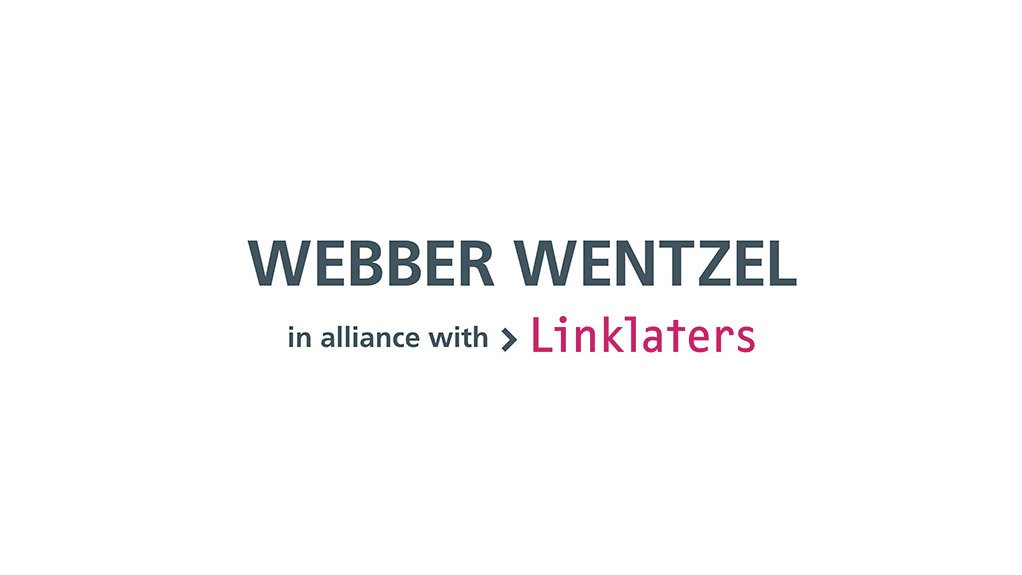Around the world, governments are moving ahead to regulate crypto assets. The South African Reserve Bank (SARB) at first merely warned the public about the volatility of the crypto asset market, but South African regulators have now defined crypto as a financial asset under the Financial Advisory and Intermediary Services (FAIS) Act. The Financial Intelligence Centre Act (FICA) also applies.
The FAIS Act, and in some respects other pieces of financial services legislation, were not built for the digital environment, so they are not a clean fit. It is a learning process, which will eventually result in more comprehensive regulation under the Conduct of Financial Institutions Act, currently in still a bill.
FAIS requirements
The FAIS Act requires individuals providing a financial service to hold a financial services provider (FSP) licence, and crypto asset service providers (CASPs) are also under this obligation.
The FAIS Act defines a crypto asset as a digital representation of value that is not issued by a central bank, but can be traded, transferred or stored for utility, applies cryptographic techniques, and uses distributed ledger technology (blockchain). This definition is intentionally wide and technology-neutral. The term is “crypto assets”, not “cryptocurrency”, because crypto assets are not legal tender in South Africa.
Financial services include providing advice in relation to financial products, i.e. investment advice, and an intermediary financial service, which is defined quite widely. A person who assists other individuals to buy, sell, manage, administer or service a crypto asset is providing a financial service and must hold an FSP licence. An individual trading crypto for their own account would not be an FSP.
Guidance from the regulator of the FAIS Act, the Financial Services Conduct Authority (FSCA), is that certain activity is not covered by the declaration of crypto assets as a financial product. Although certain activity would qualify under this definition, the FSCA does not at this stage require players to apply for a licence. They are:
Miners and node operators, who support what happens on the blockchain, but are not facing the consumer.
Those providing services in relation to non-fungible tokens (NFTs). NFTs are unique, based on the code that creates them. Although NFTs can be traded, the regulator considers they present a lesser risk than fungible tokens. Some people have argued that NFTs are the same as crypto assets, so in the next iteration of the FAIS Act, they may be required to have a licence.
Those providing financial services in relation to crypto asset derivatives, which are defined as securities under the Financial Markets Act (FMA). These players should already be licensed under FAIS or be complying with the FMA.
There is a prescribed application process for an FSP licence. The applicant has to show that they meet the fit and proper requirements, which relate to, amongst other things, competence, good standing, operational ability, and financial soundness. They should nominate a key individual and where applicable representatives. The quantum of the application fee payable at the time the application is submitted depends on how many key individuals and representatives are nominated and the category of FSP licence.
We are currently in an exemption period under the FAIS Act. CASPs who are currently providing financial services in relation to crypto assets are exempt from the FAIS Act, as long as they apply during the application period of 1 June to 30 November 2023. This exemption continues until there is a formal response to their application (granted or not).
FICA and FAIS together
Schedule 1 of FICA defines CASPS as accountable institutions, which means they have to register with the FIC and fulfil ongoing compliance obligations. The FICA definitions of entities that qualify as accountable institutions are similar, but not identical, to those in FAIS. CASPs should consider carefully whether they are performing any of the services listed under item 22 of Schedule 1.
FICA does not have transitional provisions – from 19 December 2022 the requirement on CASPs to register as accountable institutions commenced, qualifying entities must register as accountable institutions. The FSCA is not the regulator for FICA, but when an application for an FSP licence is submitted, the FSCA is empowered to ask if the applicant is registered as an accountable institution.
We would advise individuals and entities to assess firstly whether it is necessary to register under FICA, and then whether it is necessary to register as an FSP under FAIS. Now is the time to do this analysis and ask these questions.
If an entity should register, but does not, they are liable to incur penalties. Under FAIS, it is an offence not to register, which may attract a penalty of a fine of up to ZAR10 million and possible imprisonment up to 10 years. Under FICA, not registering is an act of non-compliance, not an offence, which could incur administrative sanctions, e.g. a caution or reprimand and a fine of up to ZAR10 million. For the first 18 months from 19 December 2022, the FIC will not issue monetary fines for a failure to register, but other administrative sanctions could apply.
Exchange Control
Individuals may use their single discretionary allowance and their foreign capital allowance to purchase crypto assets from abroad. A local Authorised Dealer will be able to assist individuals with these allowances. However, there are some blanks in exchange control regulation when it comes to repatriating the proceeds from a sale of crypto assets to South Africa. We expect this will be addressed in the near future.
If individuals or entities involved in the crypto sector have questions about regulation, they may approach the regulator for advice. They can also approach Webber Wentzel if they require assistance engaging with the regulators and we can sound out the regulator on a “no-name basis” on their behalf.
Watch a recording of the Fintech Q&A Webinar, held recently by Webber Wentzel experts, here.
EMAIL THIS ARTICLE SAVE THIS ARTICLE ARTICLE ENQUIRY
To subscribe email subscriptions@creamermedia.co.za or click here
To advertise email advertising@creamermedia.co.za or click here











